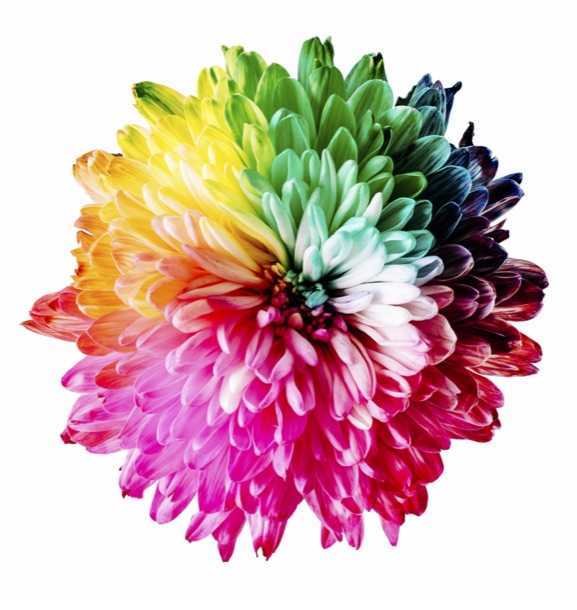As people live longer and their eyesight degenerates it is becoming so important to maintain good eye health. In the UK over 70% of people wear glasses and many more use contact lenses or need laser surgery to help them see better. Rather than relying on corrective glasses that do nothing to delay deterioration in eyesight studies have revealed that the colour pigments, called carotenoids, found in fresh vegetables and flowers really promote good eye health and delay macular degeneration, which causes blurred vision.
For centuries, carrots have been renowned for their health benefits and during World War 11, pilots were encouraged to eat carrots to improve their night vision. Vitamins found in carrots and other orange vegetables contain beta-carotene, a substance that the body converts to vitamin A which is an important nutrient for eye health because it feeds the macula, which is a specialised part of the eye responsible for our detailed central vision. Fresh brightly coloured fruits and vegetables not only contain vitamins and minerals that promote good health, the carotonoid colour pigments in the plants play an important role in our health and well-being.
Carotenoids found in fruit and vegetables are also in brightly coloured edible flowers, such as Marigolds. The Marigold variety, Tagetes Erecta is particularly rich in the caretenoid, Meso-Zeaxanthin, found at the back of the eye, where it forms the yellow coloured macular pigment. So, if you want to improve your vision and macular eye health in the long-term increase your intake of brightly coloured vegetables and don’t forget to include some edible marigold, nasturtium petals and flowers in your salads. You can also use Marigold petals soaked in vegetable oil as a replacement for saffron, making your rice and grain dishes look more appetising and nutritious.
Colour therapy has for centuries recognised the important health-giving properties of eating a rainbow diet for its mood-enhancing qualities as well as making food look more appetising and to stimulate our appetite and digestion. Now science has established the direct link between the yellow and orange carotenoid pigments in improving vision and maintaining good eye health.
By Suzy Chiazzari- Principal of Iris School of Colour B.ed DipID MASC MIWOC.
All rights reserved. Any reproducing of this article must have the author name and all the links intact.






